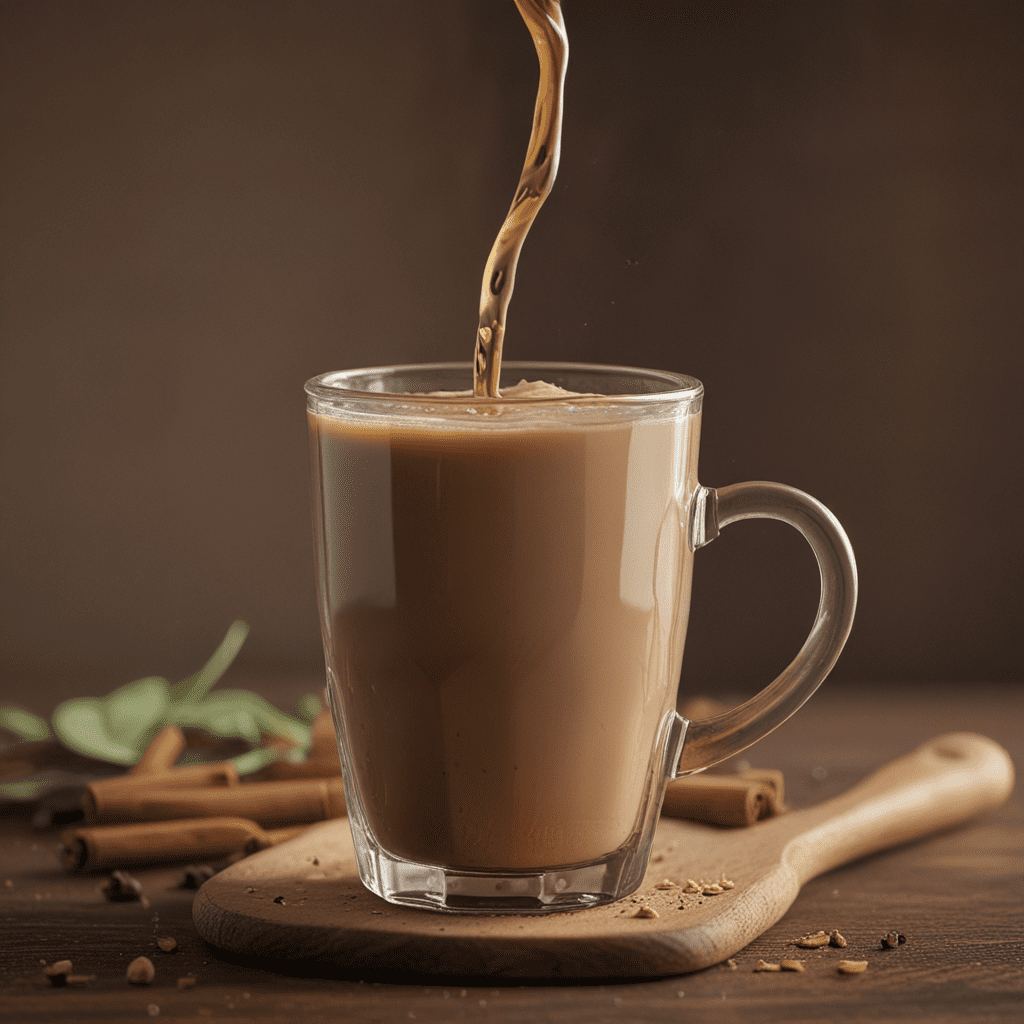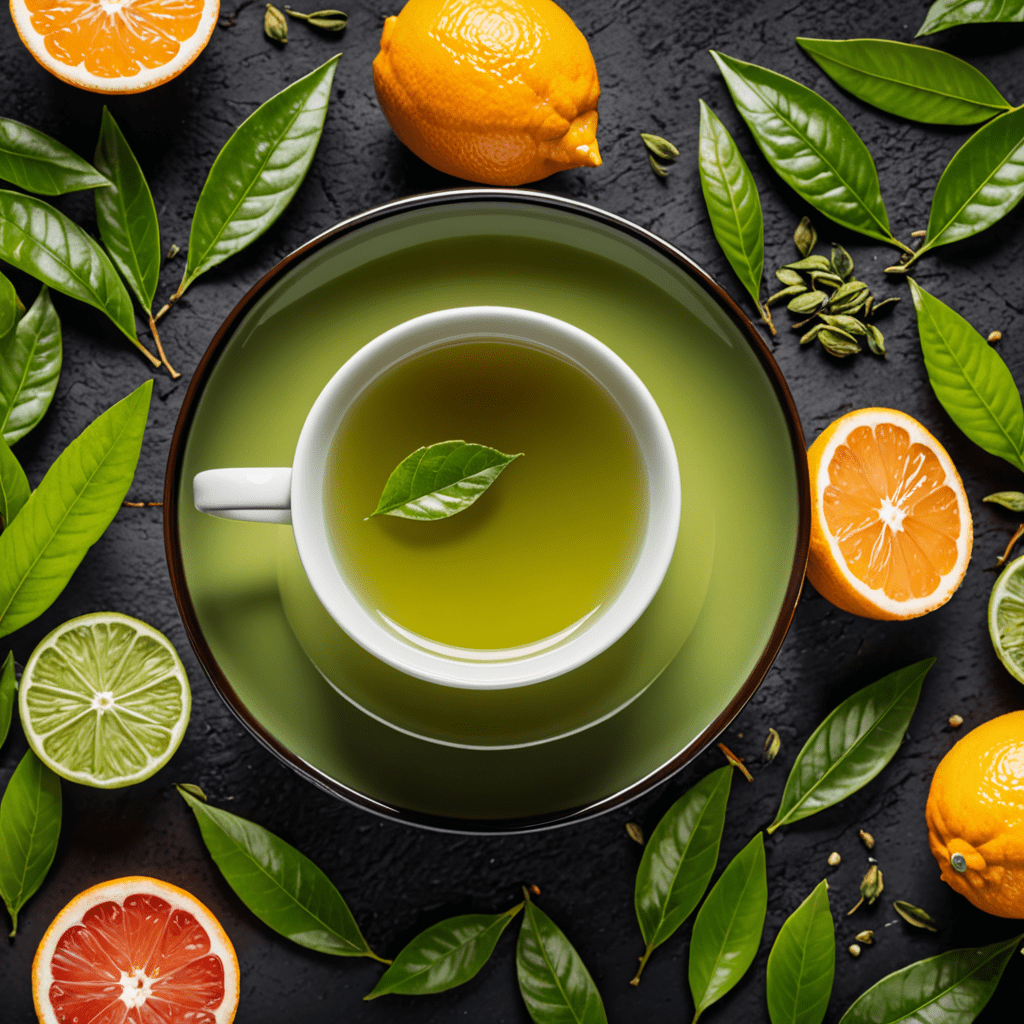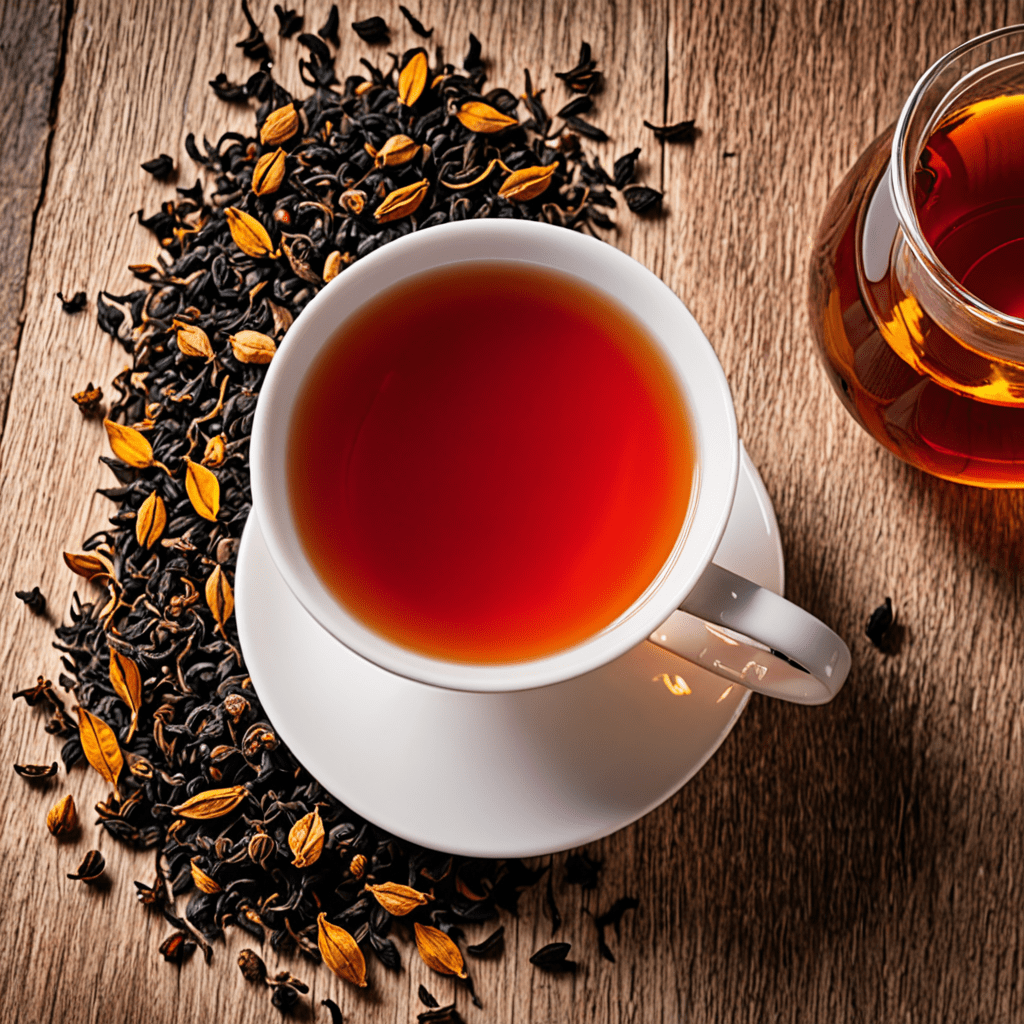Chai Tea: The Art of Brewing the Perfect Cup
Introduction
Chai tea, a mesmerizing blend of aromatic spices and tea, has captivated the world with its captivating flavors and alluring aroma. Originating in India centuries ago, chai tea holds deep cultural and historical significance, transcending mere beverage status to become a symbol of warmth, comfort, and communal gatherings.
Ingredients
Chai tea's distinctive character stems from its symphony of spices. Ginger, with its piquant zest, invigorates the senses, while cinnamon's sweet warmth envelops the palate. Cardamom's exotic aroma adds a touch of mystery, and cloves lend a hint of spiciness. Black peppercorns contribute a subtle yet invigorating note, completing the quintessential chai spice blend.
Choosing a Tea Base
The choice of tea base significantly influences chai tea's flavor profile. Black teas, such as Assam's robust character or Darjeeling's delicate notes, provide a sturdy foundation for the spices. Alternatively, green teas, like Sencha's grassy freshness or Matcha's vibrant green hue, offer a lighter, more nuanced backdrop.
Milk or Water
The choice between milk and water is a matter of personal preference, each option imparting unique qualities to chai tea. Milk lends a creamy richness, mellowing the spices and creating a comforting beverage. Water, on the other hand, yields a lighter, less caloric option, allowing the tea's flavors to shine through more prominently.
Brewing Methods
Chai tea can be brewed using various methods, each yielding slightly different results. The traditional stovetop method involves simmering the spices in milk or water for 15-20 minutes, allowing the flavors to meld harmoniously. Alternatively, chai concentrate can be prepared in advance and diluted with hot milk or water when desired. French press brewing produces a more robust, full-bodied chai tea, as the finely ground spices are immersed directly in the liquid.
Steeping Time
The optimal steeping time for chai tea varies depending on the tea base used. Black teas typically require a longer steeping time of 3-5 minutes, while green teas steep for a shorter duration of 1-2 minutes. Steeping beyond the recommended time can result in bitterness, so it's essential to monitor the tea carefully.
Serving
Chai tea is traditionally served hot in small cups or glasses. To enhance the presentation, frothed milk or a dusting of cinnamon can be added as garnishes. Chai tea pairs well with a variety of snacks and desserts, such as biscuits, cookies, or sweet pastries.
Health Benefits
Chai tea offers an array of health benefits attributed to its blend of spices. Ginger possesses anti-inflammatory properties that can alleviate nausea and soothe digestion. Cinnamon, a natural antioxidant, helps regulate blood sugar levels. Cardamom, with its antibacterial and antiviral qualities, supports immune function.
Variations and Adaptations
Chai tea has inspired numerous variations and adaptations around the world. Masala chai, the Indian version, incorporates additional spices such as anise, fennel, and nutmeg. London Fog, a variation popular in the United Kingdom, combines Earl Grey tea with milk and vanilla syrup. Chai lattes, espresso-based drinks infused with chai tea, offer a caffeinated twist on this classic beverage.
Frequently Asked Questions (FAQs)
Q: Can I make chai tea without caffeine?
A: Yes, you can use decaffeinated black tea or caffeine-free herbal teas as the base for your chai tea.
Q: How can I adjust the sweetness of chai tea?
A: You can adjust the sweetness to your preference by adding more or less sweetener. Honey or maple syrup are natural alternatives to sugar.
Q: Can I make chai tea in advance?
A: Yes, you can prepare chai concentrate in advance and store it in the refrigerator for up to 5 days. Simply dilute the concentrate with hot milk or water when ready to serve.
Q: What is the best way to store chai tea spices?
A: Whole spices should be stored in an airtight container away from light and heat. Ground spices lose their potency quickly, so it's best to grind them fresh as needed.


